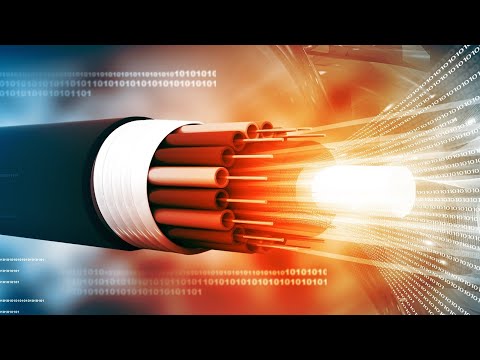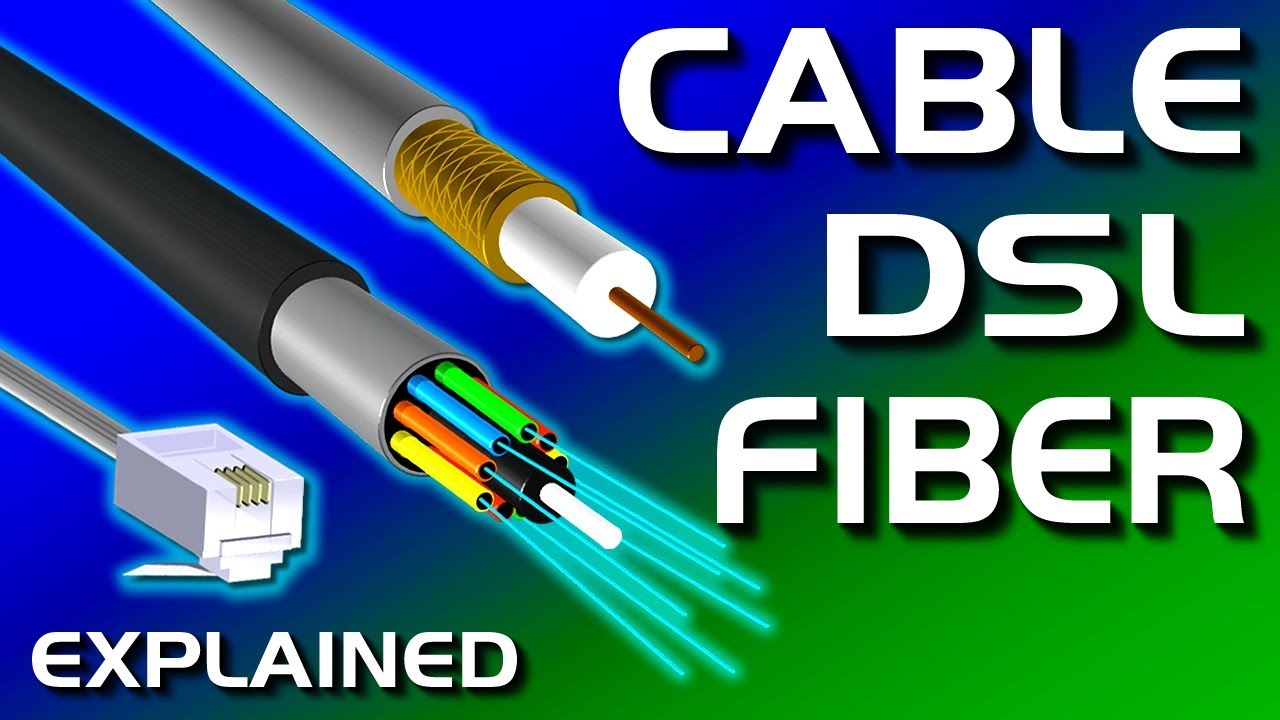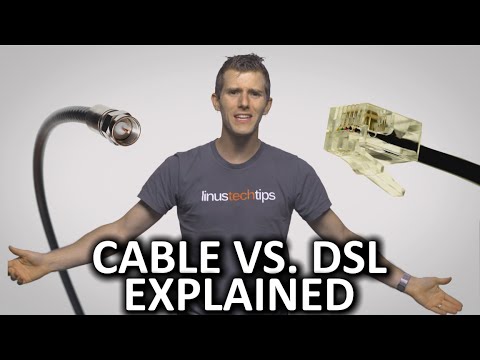MazeCreator DSL • April 06 2023
DSL Internet: An Easy Guide to Installation and Benefits
Are you tired of constantly buffering videos and slow internet speeds? Fear not, DSL internet may just be the solution for you. DSL, or digital subscriber line, is a type of internet connection that uses your existing phone lines to deliver a high-speed internet connection. In this non-technical guide, we will walk you through the step-by-step installation process for DSL and provide insight into its benefits and drawbacks compared to other internet connection methods.
Step1: Check Availability and Choose A Provider
DSL internet requires a phone line to establish connection. Before considering installation, check if DSL service is available in your area. If DSL is available, you can then choose a provider that best suits your needs and budget.
Step2: Gather Necessary Equipment
To install DSL, you will need a few pieces of equipment:
- DSL Modem: This is the device that will connect your phone line to your computer or router, allowing you to access the internet.
- DSL Filters: These devices are crucial in preventing interference between your phone line and internet connection. They are small, black boxes that usually come with your modem.
- Ethernet Cable: You will need this cable to connect the modem to your computer or router.
Step3: Find Your Phone Line and Install Filters
Locate the phone jack closest to your computer or router. If you have multiple phone jacks, choose one that is not in use by another telephone or device. Then, connect the DSL filter to the phone jack, and then connect your phone or device to the filter.
Step4: Connect the Modem
After you have installed the filters, connect the modem to the phone jack using an RJ-11 telephone cord. Then, connect the modem to your computer or router using an ethernet cable. Make sure the cables are securely connected.
Step5: Configure the Modem
After connecting the modem to your computer, you will need to configure it to work with your internet service provider (ISP). Your ISP will provide you with login credentials that you will need to enter into the modem’s settings. Once you’ve entered the login credentials, save the settings, and you’re ready to start surfing the web.
Benefits and Drawbacks of DSL
DSL offers a number of benefits over other internet connection methods. One significant benefit is that it is widely available and can easily be set up in your home. Additionally, DSL can offer high-speed downloads and uploads, making it ideal for streaming video content, online gaming, and sharing large files.
However, DSL internet does have some drawbacks. One major issue is that the speed of your connection is directly related to how far away you are from the nearest telephone exchange. This means that if you live in a rural area, it’s likely that your connection will be slower than that of a city-dweller. Additionally, DSL tends to slow down during peak usage hours, meaning that you may experience slower speeds during evenings and weekends.
In conclusion, DSL is a reliable and widely available internet connection method that can offer high-speed downloads and uploads. Its installation is straightforward, and the equipment needed is minimal. However, DSL may not be the best option for everyone, particularly those in rural areas or those who require consistently high speeds throughout the day.








